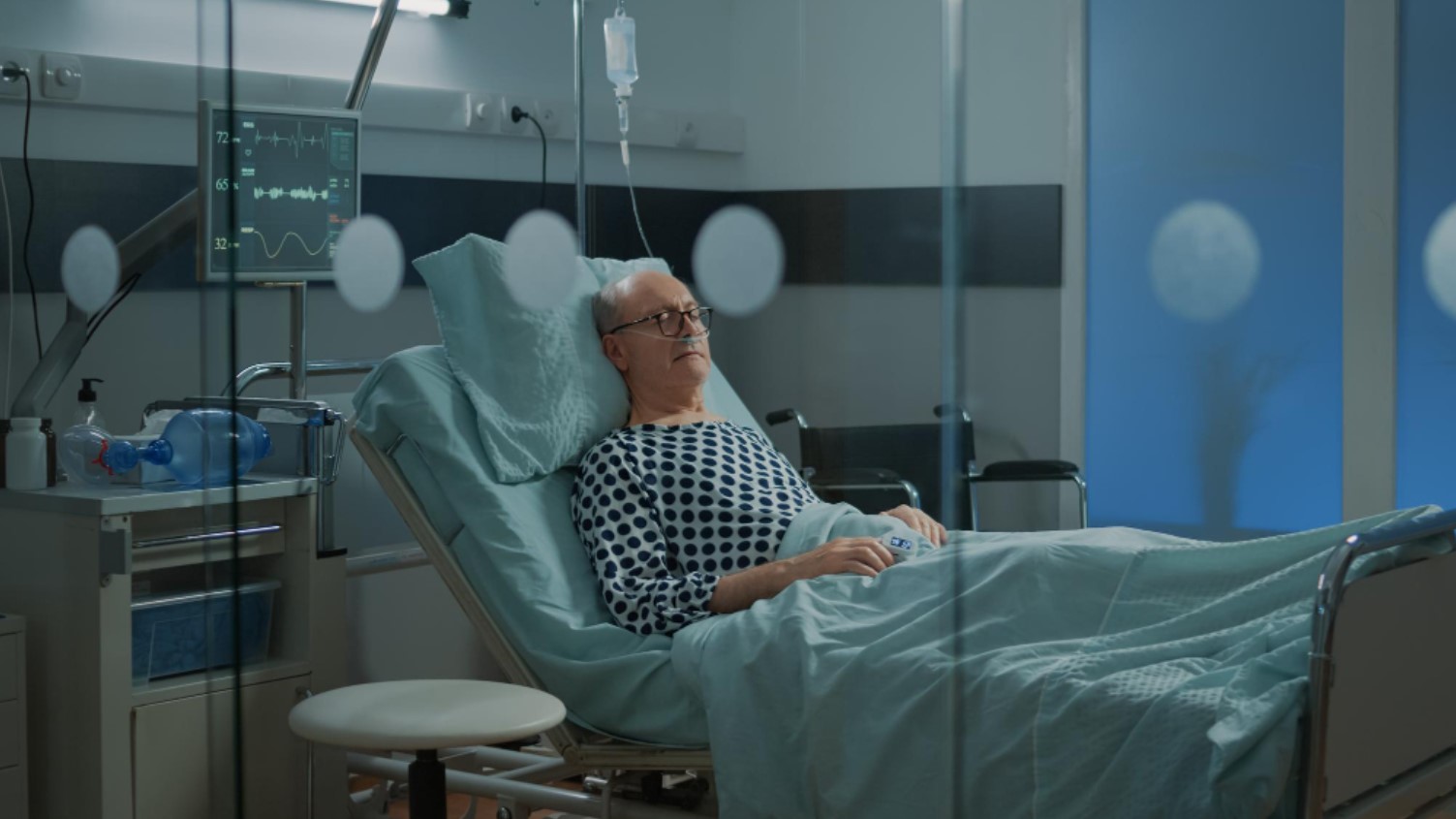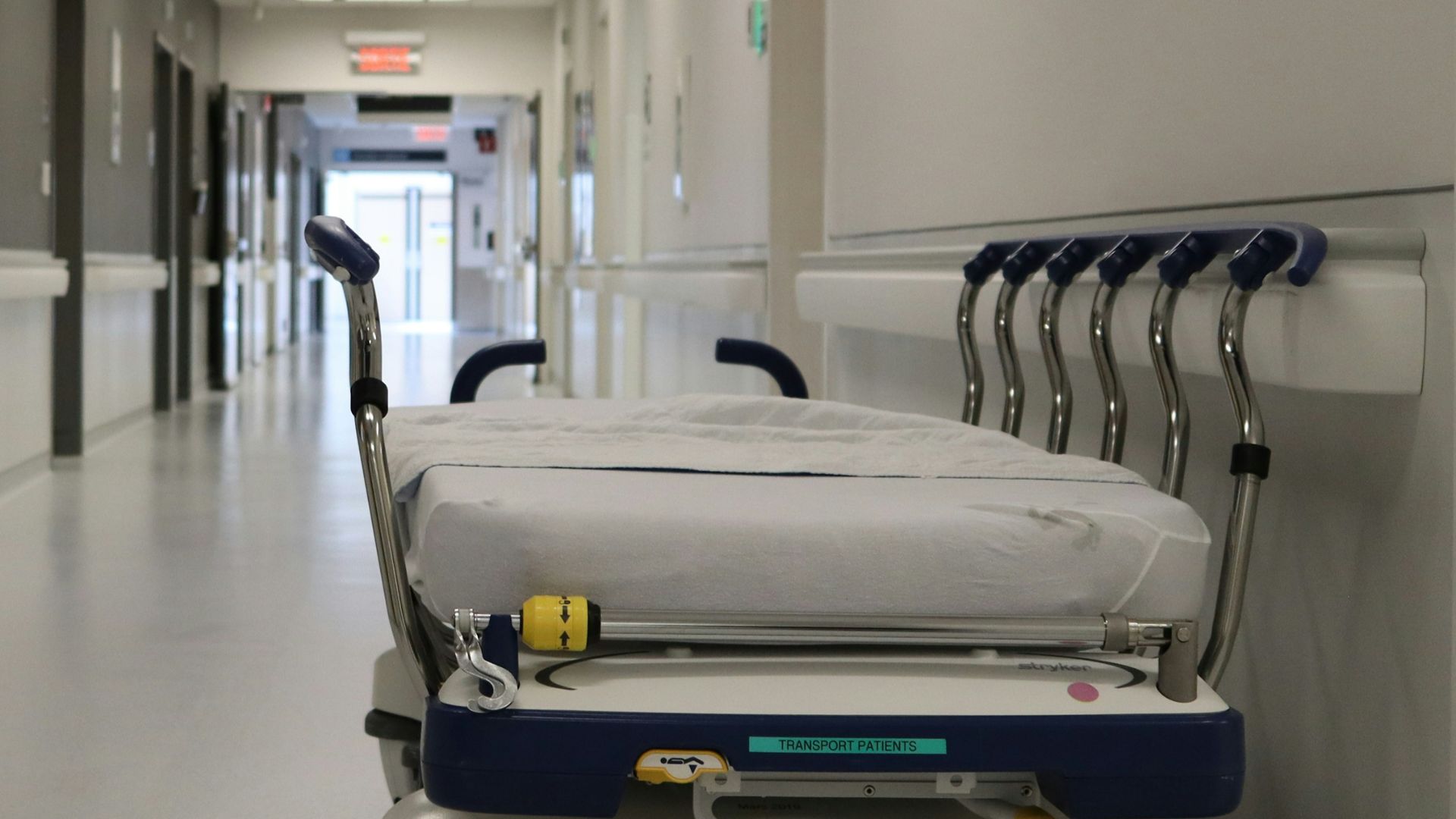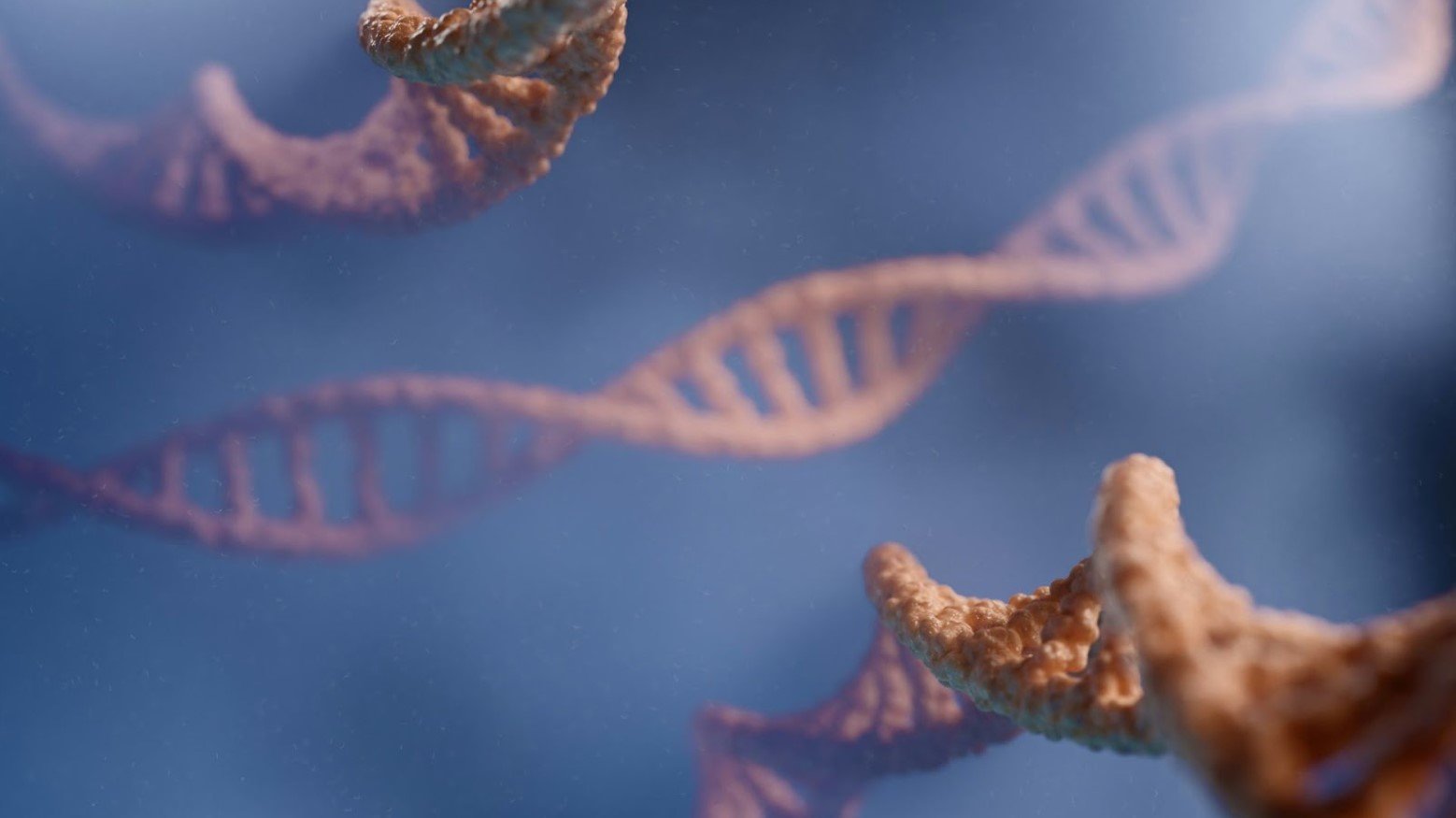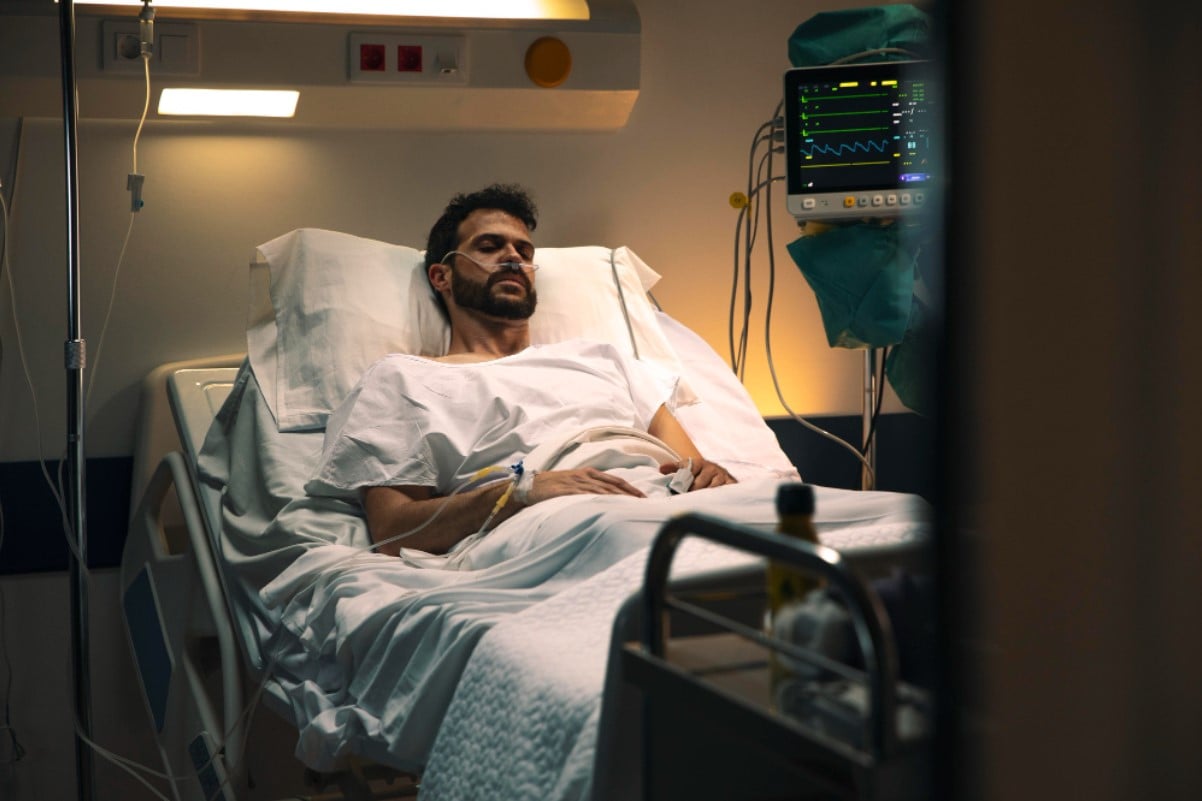Chemotherapy stands as a beacon of hope for millions battling cancer, aiming to target and eliminate rapidly multiplying cancer cells. However, lurking beneath the surface of this widely adopted treatment is a potentially lethal side effect that affects one in every 50 patients.
This dire complication arises when chemotherapy, instead of exclusively attacking cancerous cells, also destroys healthy cells, leading to multiple organ failure and, in extreme cases, death. It particularly impacts those prescribed common chemotherapy drugs who lack specific enzymes necessary for metabolizing the medication. The tragic irony is that some patients succumb not to cancer, but to the very treatment intended to save them.
The Culprit: A Common Chemotherapy Side Effect

Among the most common culprits are capecitabine and fluorouracil (5-FU), chemotherapy drugs known for their efficacy against various cancers (via The Daily Mail). Unfortunately, for individuals with a specific enzyme deficiency, these drugs can become deadly.
This deficiency prevents the body from breaking down the chemotherapy properly, causing the medication to attack not just the cancer, but the body itself.
Carol Rosen’s Tragic Tale

Carol Rosen’s battle with metastatic breast cancer took a devastating turn when she began treatment with capecitabine. The 70-year-old retired teacher from Massachusetts faced severe side effects, including diarrhea, nausea, and mouth sores, which rendered her unable to eat, drink, or speak.
The toxicity escalated until her skin peeled away, and her kidneys and liver failed. “Your body burns from the inside out,” recounted her daughter, Lindsay Murray, with KFF News. Rosen’s story is a heartbreaking illustration of the catastrophic impact chemotherapy can have when it goes awry.
A Genetic Game of Roulette

The enzyme at the center of these tragedies is dihydropyrimidine dehydrogenase (DPD), which plays a crucial role in metabolizing chemotherapy drugs. An estimated 8% of the population has a deficiency in DPD to some degree, putting them at risk for severe or fatal reactions to standard chemotherapy doses (via The Daily Mail).
This genetic predisposition turns what is meant to be a lifesaving treatment into a dangerous gamble, with stakes as high as life and death.
The Urgent Call for Pre-emptive Testing

Despite the availability of tests to identify those at risk for adverse reactions, a 2022 survey by JCO Oncology Practice found that only 3% of oncologists routinely conduct this screening before prescribing chemotherapy.
This oversight suggests a significant gap in the current standard of care, where the potential for preventing these deadly side effects through preemptive testing is largely ignored.
Dr. Anil Kapoor’s Heartbreaking Loss

The story of Dr. Anil Kapoor, a 58-year-old Canadian urologist, also sheds light on the indiscriminate nature of this risk. Despite his medical expertise, Kapoor fell victim to the toxic effects of fluorouracil (5-FU), a drug similar to capecitabine, after just one dose (via CBC).
His rapid decline following treatment for stage four colon cancer is a stark reminder of the potential for tragedy when genetic predispositions to chemotherapy toxicity are overlooked. “It was honestly a cruel roller coaster of emotions,” his son, Akshay Kapoor, lamented, highlighting the personal and familial devastation wrought by these overlooked risks.
The Fallout of One-Size-Fits-All Treatments

Carol Rosen’s and Dr. Anil Kapoor’s experiences exemplify the dangers of a one-size-fits-all approach to chemotherapy. In the wake of such losses, the pressing need for personalized medicine, which tailors treatment plans to the individual’s genetic makeup, is evident.
Personalized approaches promise to mitigate the risk of adverse reactions by adjusting doses or selecting alternative treatments based on genetic testing, paving the way for safer cancer care.
The Role of Public Health Authorities

Experts argue that the responsibility to ensure the safe use of chemotherapy drugs falls on the shoulders of public health authorities and regulatory bodies like the FDA. Calls for clear warning labels on medications and mandates for pre-treatment genetic testing have grown louder in the face of these preventable tragedies.
“FDA has the responsibility to assure that drugs are used safely and effectively,” said Dr. Daniel Hertz (via The Daily Mail). This highlights the critical role of regulatory oversight in preventing further loss of life.
A Global Discrepancy in Testing Guidelines

While the U.K. and European drug authorities have begun to recommend genetic tests for identifying at-risk patients, the U.S. has yet to follow suit, revealing a concerning disparity in patient safety protocols.
This inconsistency shows a need for global standards in cancer treatment that prioritize patient safety through preemptive genetic screening, ensuring that the lessons learned from past tragedies translate into proactive measures worldwide.
The Promise of an Antidote

The FDA’s approval of uridine triacetate as an antidote for 5-FU and capecitabine overdoses represents a beacon of hope (via the American Association for Cancer Research).
This treatment offers a critical lifeline that can counteract the toxic effects of chemotherapy if administered promptly.
Toward Inclusive Research and Treatment

The adverse reactions experienced by patients like Rosen and Kapoor also highlight a significant shortfall in genetic research and testing: the lack of diversity. Current genetic screening protocols often fail to account for the wide range of genetic variations across different populations, particularly those outside of European descent (via CBC).
Expanding research to be more inclusive and reflective of global genetic diversity is crucial for developing effective and safe treatment protocols for all patients.
Saving Lives Through Awareness

The stories of those who have suffered or lost their lives to chemotherapy overdoses serve as a powerful call to action for the medical community, regulatory bodies, and the public.
By raising awareness, advocating for comprehensive genetic screening, and embracing the principles of personalized medicine, we can hopefully prevent further tragedies.








































